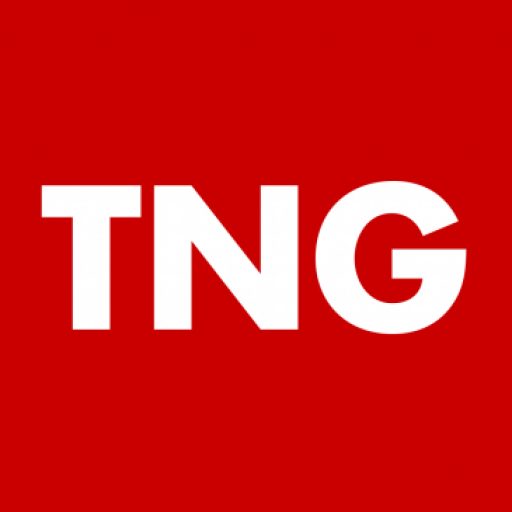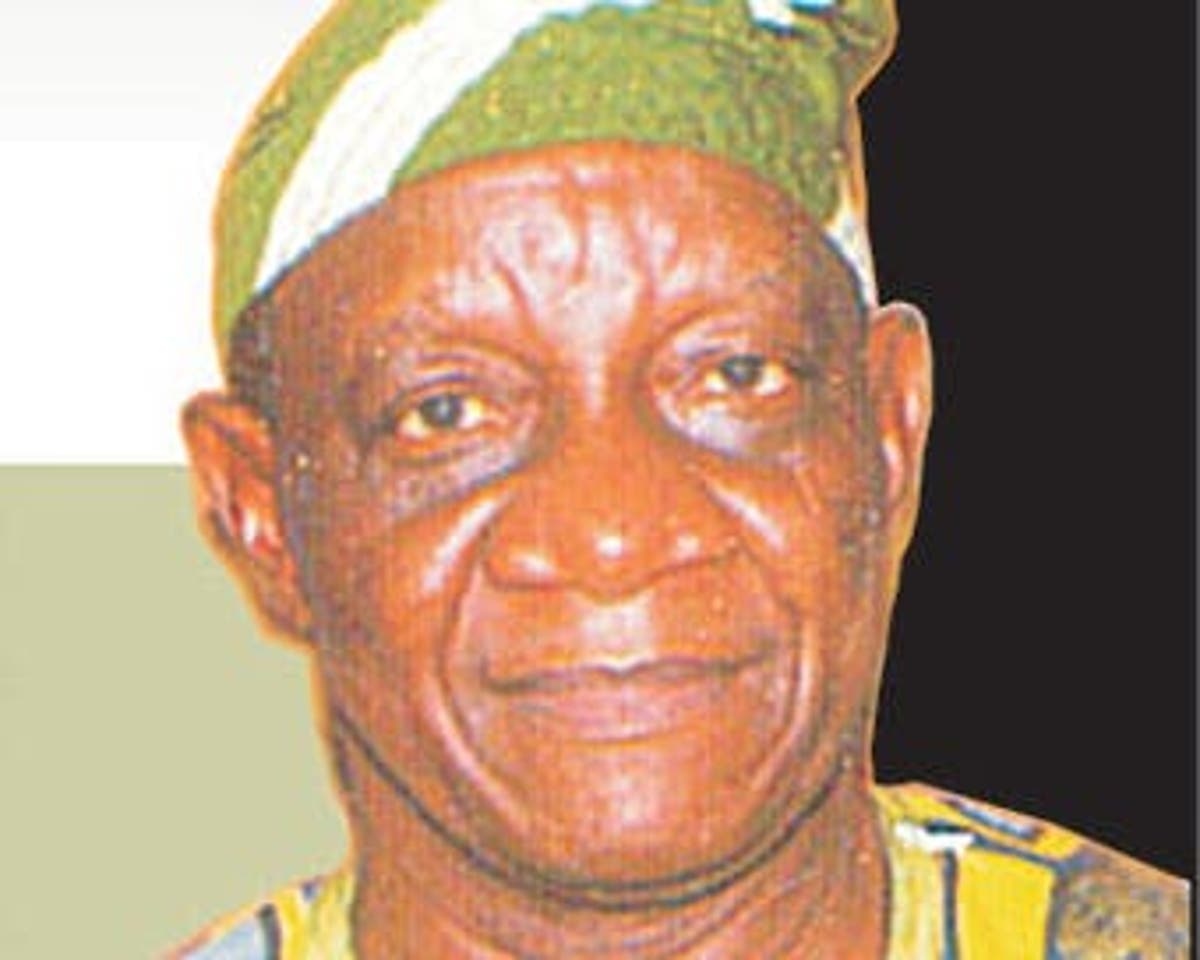“Northern Leaders’ Call For 12- Structure, Resource Control: Southern leaders divided, receive call with suspicion, cautious optimism.”
VANGUARD, Wednesday, October 14, 2020, p 30.
“Vox populi, vox humbug” meaning “Voice of the people is rubbish.”
US General William T Sherman, 1820-1891.
Ask any advocate of Restructuring about the matter, especially a Southerner, and he/she would probably tell you that “it is the voice of the people” – among other things. Ask further what is the precise definition of restructuring; and you might come away wondering if General Sherman was not extremely polite. Perhaps Alcuin, 735-804 AD, was more accurate in his description when he said: “Nor should we listen to those who say ‘The voice of the people is the voice of God’; for the turbulence of the mob is always close to insanity.” It is not every advocate for restructuring who deserves our attention. Some might urgently need to visit a psychiatrist. Yet, each time someone proclaims his support for restructuring we presume we have met a soul mate.
Yet, till today, nobody has presented a comprehensive idea of restructuring for all of us to consider. It is all well and good to point to what is wrong with the present situation; it is a different thing to put forward a proposal designed to make things better. It is always easy to criticise. The Northern leaders were the first group to lay out for consideration their own idea of how to restructure the country. To me, it was a brave departure from the “vox populi” approach. Even before getting the details and bringing them in summarised form to our readers, I find their intervention refreshing. At least, we have a proposal.
My first step was to take a look at the names of some members of the group. Seldom can the message and the messenger be separated. Reputation matters on matters such as this. Three names stood out for seriousness, fairness, courage and patriotism – Alhaji Othman Tofa (Kano State), Mr Sam Nda-Isaiah (Niger State) and Dr Usman Bugaje ( Katsina State). For me. those three are more than enough for me to give their submissions all the attention it requires – and a large dose of benefit of doubt as well. I have worked closely with two before – Nda-Isaiah and Bugaje – and the depth of their intellectual exposure is simply astonishing. They don’t suffer fools gladly; so they don’t associate with idiots. You need an encyclopaedia in your head to keep up with them. So, I assume that their colleagues are top class brains as well. Nobody can ignore highly intelligent and well-exposed people at a time like this. I certainly don’t intend to do so.
“Come let us go down and confuse their language; so they will not understand each other.” Genesis 11:6.
However, before we get to the central idea of the proposal, which is before the National Assembly, NASS, it might be useful to consider how the clamour for restructuring is daily resembling the bedlam when our Biblical fathers attempted to construct a tower to reach God. As the scriptures tell us, they actually started on the project, speaking one language, before misunderstandings resulted in failure. Far be it from me to question what has been written in the Holy Book. But, even those claiming not to believe in God have discovered that language is a major barrier between peoples worldwide. One of the causes of our failure to agree on one definition of restructuring might be found in our internal xenophobia. Readers who might think that xenophobia is what South Africans and Ghanaians practise against Nigerians, might be shocked to know that it is the same thing Beroms and Fulanis, Tivs and Bassas, Ijaws and Itsekiris, Yorubas, Igbos and Hausas etc exhibit right here in Nigeria.
“Though tribes and tongues may differ”, we have deceived ourselves that “in unity we stand.” Nothing can be further from the truth. That we have been forced to remain one country for sixty years is a minor miracle which should not delude us into believing that we are united and will always stand in brotherhood. We have to consciously work towards it. The lessons of history argue against our continuing as a nation for ever. Let me explain.
“In the human species, language, as a rule, forms the sharpest barrier between populations, and that is why the line of language forms the national boundary, and why, with rare exceptions, political boundaries enclosing varying language groups tend to enclose trouble as well.” Robert Ardrey, THE SOCIAL CONTRACT.
Nigeria has the absolute largest diversity of languages on earth in one nation. Apparently, nobody has a complete list of Nigeria’s nationalities – each with its own distinct language. While gathering materials for IBRAHIM B BABANGIDA 1985-1992: LETTING A THOUSAND FLOWERS BLOOM, I attempted to find out how many ethnic groups a national leader in Nigeria must take into consideration in order to fulfil the spirit of the principle of Federal Character. The A-Z list of about 150 nationalities is on page 373 of the book.
Long before my attempt at writing the book, my career had taken me to all corners of Nigeria several times. My first and biggest surprise occurred in November 1974, at Bama, Borno State. I had called a young lady “You Hausa girl”. The reaction was explosive. “Don’t call me Hausa again. I am Kanuri!!!” Chastened, but willing to learn, I then asked “Is Kanuri a tribe?” It was like pouring petrol on raging fire. I learnt the hard way that even small ethnic groups in the North resent being called Hausa/Fulani – an ethnic group which exists in the poor imagination of us Southerners. Similarly, minority tribes East of the Niger, hate being called Ibos etc.
My ten years in the North, living and working in Kano, Kaduna, Sokoto, Bauchi, Plateau, Nasarawa, Kogi and briefly in Borno state provided me with the opportunity to really understand the diversity of languages and to develop a catalogue of those I came across. Astonishingly, almost everywhere, the most hated ethnic group is frequently the one next door. That is why Jukuns and Tivs and Ijaws and Itsekiris appear to be mortal and irreconcilable enemies.
To be candid, it is doubtful if all the ethnic groups now in Nigeria could have voluntarily got together to form a nation. It required an external force which made all of them an offer their traditional leaders could not refuse. The British conducted something akin to multiple shot-gun marriages to get us wedded together. That origin already sowed the seeds of the present threat to our unity. Nigeria was not the only multi-lingual country forcefully cobbled together by imperial powers. India, for instance, was united long before us by the British. In Europe, the Union of Soviet Socialist Republics, USSR, was patched together by Russia after World War II. It has vanished in less than fifty years. Yugoslavia and Czechoslovakia were once nations which can only be found on very old maps. All have disintegrated – and that should be a lesson to us, if we really want Nigeria to remain one country. It will not be easy.
Satraps, like Obasanjo and Buhari, who state as if they alone will decide the issue, that the unity of Nigeria is not negotiable are talking nonsense. Once the forces aiming for the country’s disintegration become stronger than those trying to maintain its unity, the nation will break up. One thousand Obasanjos and Buharis will not be able to keep it together. We are now on the brink. That is why the proposal by the Northern leaders should be regarded as the opening offer from interested parties instead of being dismissed out of hand by various Southern groups and individuals. Summarised below are some of the responses – which are not all very helpful. Before touching on the reactions, we need to be reminded of what anthropologists have said about language and nation-building.
“A population is a group of organisms, similar among themselves and dissimilar from other organisms with which they live, descended from a not remote common ancestor.” G.G. Simpson.
For instance, the Batta and Bini, Ibibio and Izi, Tappa and Tarok, Wawa and Wuse do not claim any common ancestors etc. It is pertinent to note that almost half of the countries playing the European Nations Cup did not exist as separate entities in 1970. Few European nations, bona fide members of the United Nations, have populations as large as Lagos State or land mass as large as Niger State. The existing map of Europe is based on distinct ethnic lines founded on language and allied traditions and culture. To that extent, Nigeria is several nations rolled into one; and that explains why we are having problems merging as a nation and restructuring will be difficult – though now unavoidable.
Invariably, tensions between nations that have split into two or more occur at the boundaries where most inter-marriages take place creating populations of mixed-race people. India and Pakistan have been in perpetual conflict over Kashmir since the split. This observation is important for the sake of those who are wedded to the illusion that the break up of Nigeria will be peaceful and the new nations will live in perpetual harmony. Not true, as history has proved.
So, we better bend our minds towards a negotiated settlement – irrespective of whether we stay united or break up.
To be continued….
STILL ON IGBO PRESIDENCY 2023.
0803-322-3905
Good morning Dele. PEACE. If you are still working on the project: President of Igbo Extraction 2023, I now have four possible candidates, listed in my order of preference thus: Pat Utomi, Peter Obi, Moghalu, and Ngozi Okonjo-Iweala, your candidate. For now, I will say a few words on the first and last listed. I studied in Britain and Germany and returned home in 1980, with Anammco, Enugu, as an Economist. I’ve followed Pat Utomi’s national contributions from that year to date. He is a detribalised Nigerian and has an edge over the other three listed, coming from the south/south zone, eminently qualified, and may be the most acceptable to the North than any of the other three listed. Okonjo-Iweala is equally eminently qualified, comes also from the south/south zone but may not fly with the North for gender and cultural reasons. # Economist. 2-10-2020.
Dear Double Brother Economist, I don’t abandon a crusade once started because, I think carefully before starting – especially one such as this which tests one’s courage, determination and principles. I have published your text message without editing. It is more important right now to build strong support for Igbo President 2023. The candidate will become an issue later. I am not fanatic about Okonjo-Iweala. I will work just as hard for Utomi, Obi and Moghalu.
Let me also add the following two people to the list: Tony Elumelu and Allen Onyema. They merit consideration for two different reasons – but both for their selfless contributions towards the welfare of fellow Nigerians irrespective of ethnicity. Elumelu’s entrepreneurship development and Onyema’s rescue of all Nigerians willing to come home from South Africa, while fleeing for dear life, are examples of the stuff national leaders are made of.
To be continued…



